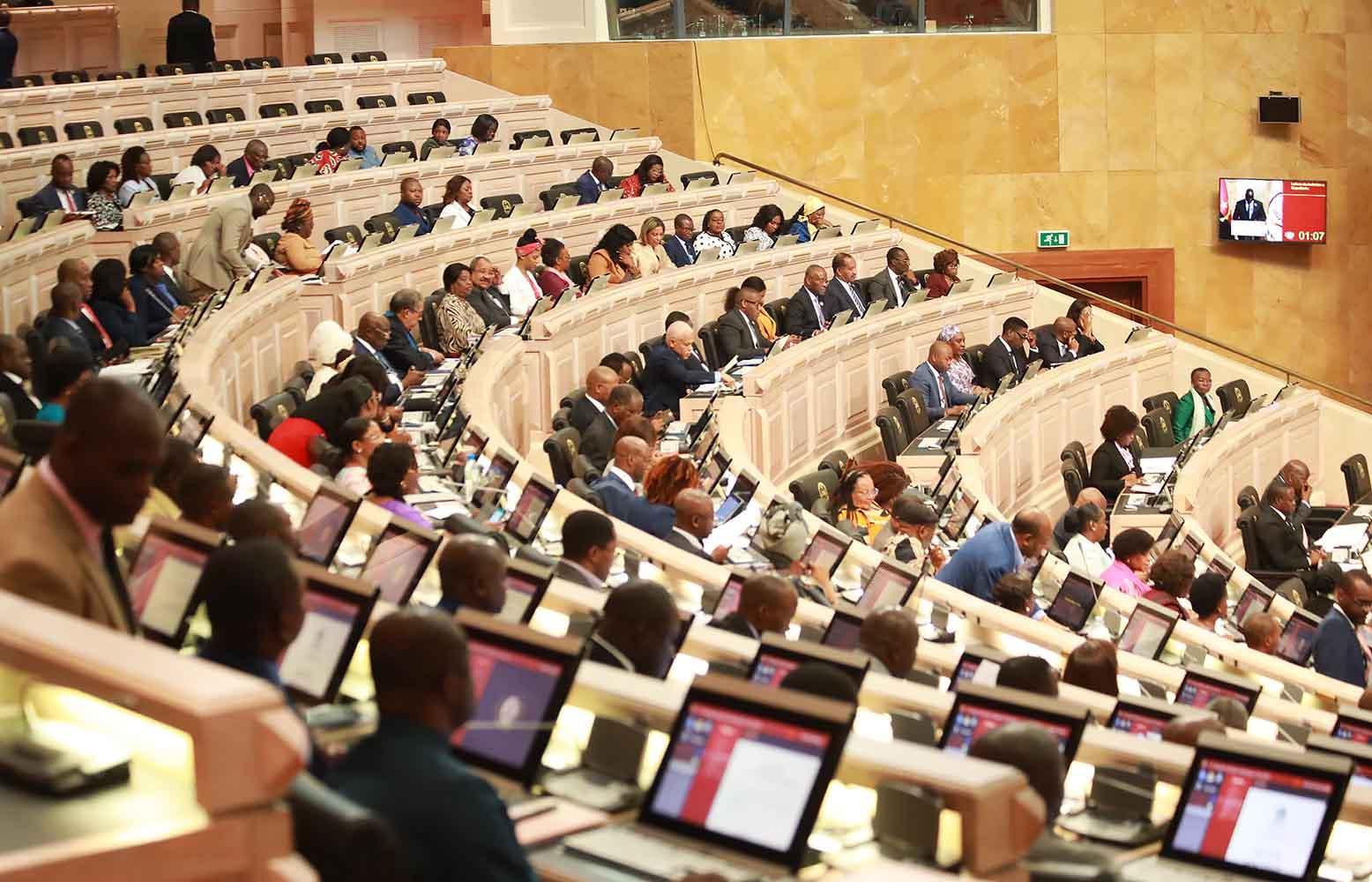Africa-Press – Angola. The National Assembly definitively approved on Wednesday the proposal that amends the Organic Law of the Supreme Court, in order to adapt it to the new reality of the national judicial system.
The legislative initiative of the Executive Power Holder was approved unanimously.
The document underlines the need to introduce specific adjustments to Law No. 2/22, with the purpose of aligning it with the current models of organization and functioning of the courts, and responding to the technical and operational requirements of the judicial system.
On the occasion of the presentation of the grounds for the proposal to the National Assembly, the Minister of Justice and Human Rights, Marcy Lopes, explained that the objective is to improve the bill, adjusting its organizational and systematic coherence.
Among the main changes, he pointed out the establishment of stricter criteria for entry into the Supreme Court, such as the requirement of positive evaluations in the last years of exercise for judges and deputy attorneys general of the Republic.
The proposal also introduces the independent election of the President and Vice-President of the Supreme Court, in separate competitions, reinforcing the separation of functions and transparency in the process.
Another change presented by the proponent is related to the functioning of the Court in plenary, establishing that decisions are taken unanimously or by a simple majority of the members present.
Felino Job, Member of the Parliament (MP) from MPLA ruling party, considered the initiative a relevant step in strengthening judicial independence, and reaffirmed his vote in favor of the diploma. ‘It should be understood as a step towards constitutional improvement’, was heard in his speech.
In its explanation of vote, read by MP Mihaela Weba, the UNITA Parliamentary Group maintains that it voted in favour of the proposed amendment to the Organic Law of the Supreme Court, because its suggestions were generally accepted by the proponent, with the exception of the maintenance of the offices of the advisory judges and the deliberative quorum of the Supreme Court.
She also pointed out that he is in favor of the law because it requires that judges must have been in this category for at least seven years, so that the Supreme Court can have a better technical quality and professional experience of its new counselors.
For More News And Analysis About Angola Follow Africa-Press






